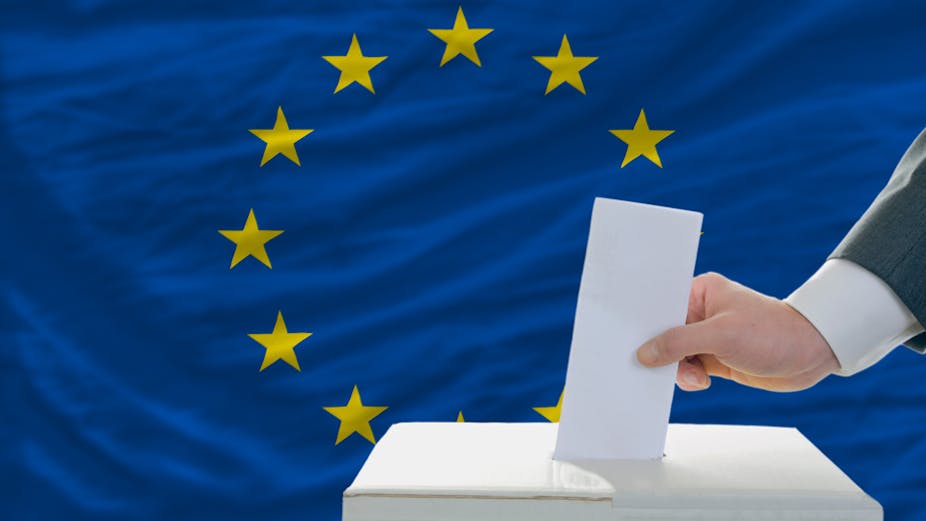The Treaty of Lisbon celebrates its 15th anniversary on 13 December. Looking back, experts agree that it played a big part in structuring the EU as we know it. It reinforced the role of Commission President, to be elected by the European Parliament and share power with a newly created President of the European Council, the body that brings together EU heads of government.
So, the treaty strengthened both the Commission and the Council, effectively creating a dual executive for the EU. Following the treaty changes, the EU faced a succession of crises, including the Eurozone crisis, the refugee crisis, Brexit, the COVID pandemic, and the invasion of Ukraine. These have reinforced the centrality of both institutions for EU decision-making.
This dual nature of the EU executive is a reminder that EU accountability vis-a-vis its citizens is also dual. . The Commission, now elected by the Parliament signals the importance of the latter body for citizens’ ability determine EU policy. The renewed importance of the Council, as the intergovernmental executive body of the EU, underpins the role national elections play in holding the EU accountable.
Yet, when debates on the degree of democracy in the EU are held, or when institutional innovations are considered to increase the proximity between citizens and the EU, the focus tends to lie exclusively on the European Parliament (EP) elections, while national channels of accountability as a source of EU democratization tend to be disregarded. In order to counter that trend, our book examines the EU’s national accountability channels, providing a detailed analysis of how the EU is debated in national media and parliaments.
North and south under the microscope
The research focuses on six countries – Belgium, Germany, Greece, Ireland, Portugal and Spain from 2002-2021. Combining founding members of the EU with more recent entrants, these countries also differ in economic performance both before and after the Eurozone crisis.
The book notes an increasing importance of EU in the media and parliamentary debates. In terms of how they engage with the EU, these two arenas have inherently different logics. The media has a negativity bias. Therefore, as the media coverage of the EU issues grows, so does the negative tone toward it. In parliaments, the larger parties control debates, and they tend to act strategically. So, in countries such as Spain and Ireland with no eurosceptic party in Parliament, the EU is discussed to a greater extent by the larger parties. On the contrary, in countries where there is an eurosceptic party in parliament, the larger parties tend to discuss the EU less. This is probably to prevent the eurosceptic parties from gaining more visibility.
Both media and parliaments tend to focus on EU policies rather than notions of European belonging and identity. These findings are common to all countries, and suggest that both arenas are contributing to enable citizens to form opinions on EU policies rather than questioning EU membership.
Yet, differences do emerge between countries on how EU policies are debated. Namely, in Ireland, Spain and Portugal, EU policies are mostly discussed in the context of their effect on national policies. But in Germany, EU policies are discussed in a broader context.
So, the EU is being discussed mostly in terms of its policies. Citizens are therefore being provided with information about the EU which can then be used when making vote choices in legislative elections.
But is this occurring? Does Europe really matter in national elections? Our research, using different methods (experiments and observational data), finds that this is indeed the case. If the EU matters, how does it compare to other factors which tend to explain vote choice? Despite the increasing importance of European factors, we found that traditional national left-right issues remain more significant defining factors of vote choice.
But we found that the more EU policies were mentioned in the media, the more they impact how people vote. Regarding parliamentary debates, we find that the more eurosceptic parties discuss the EU in parliaments, the greater the importance that EU attitudes will have among these parties’ voters choice.
Therefore, our book establishes firmly the degree to which national governments are now selected across Europe partly on the basis of their stances on the EU. The national media environments, national parliamentary debates and legislative elections are not only important to legitimise governments at the national level, but also at the EU level.
The role that heads of government play in the European Council is not disconnected from voters choices back home when legislative elections are held. When discussing the quality of democracy with the EU and how it can be improved, it is necessary to take into account not only the European Parliament, the Commission and the Council, but also the quality of the national media, national parliaments and legislative elections.

